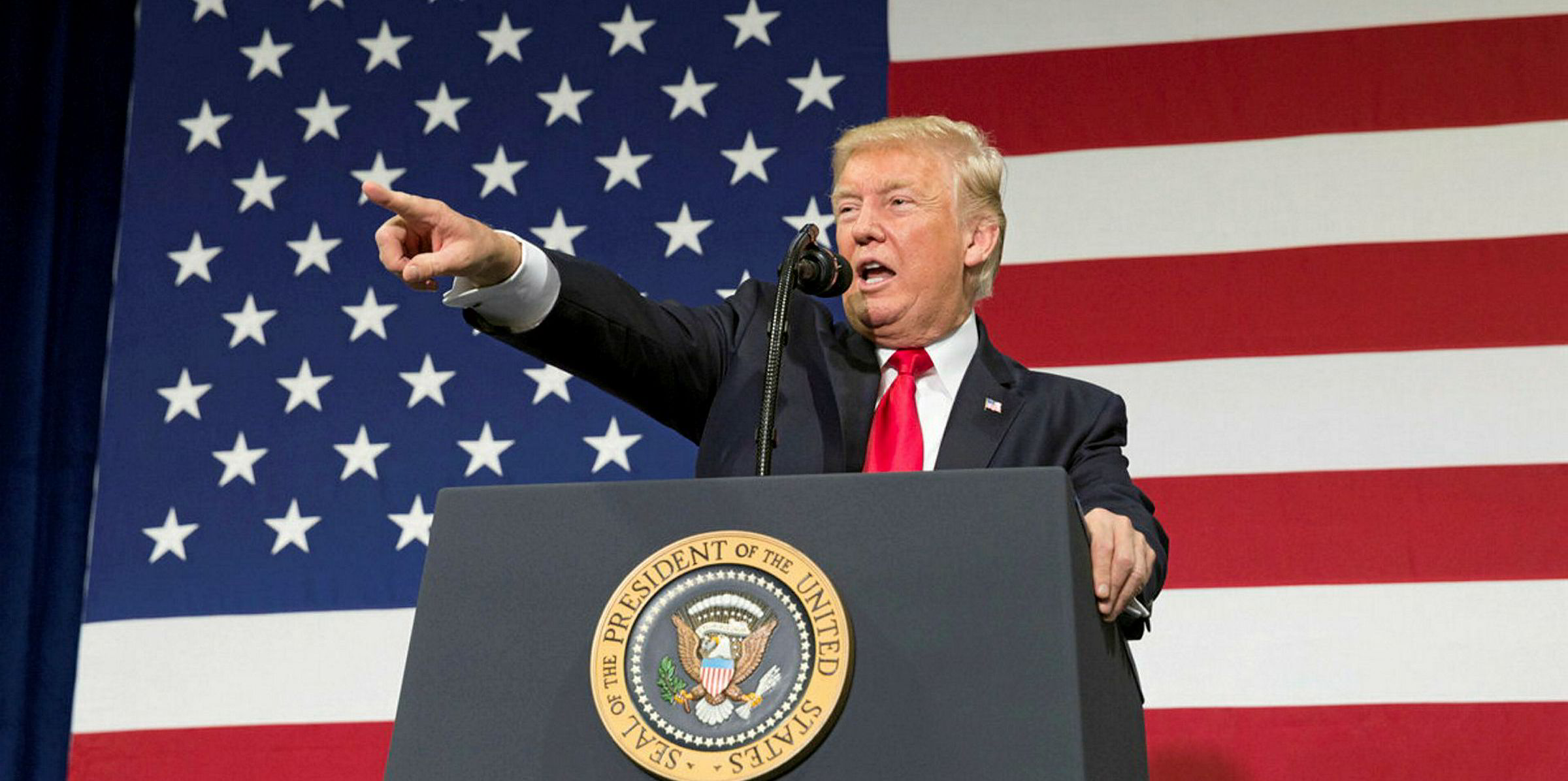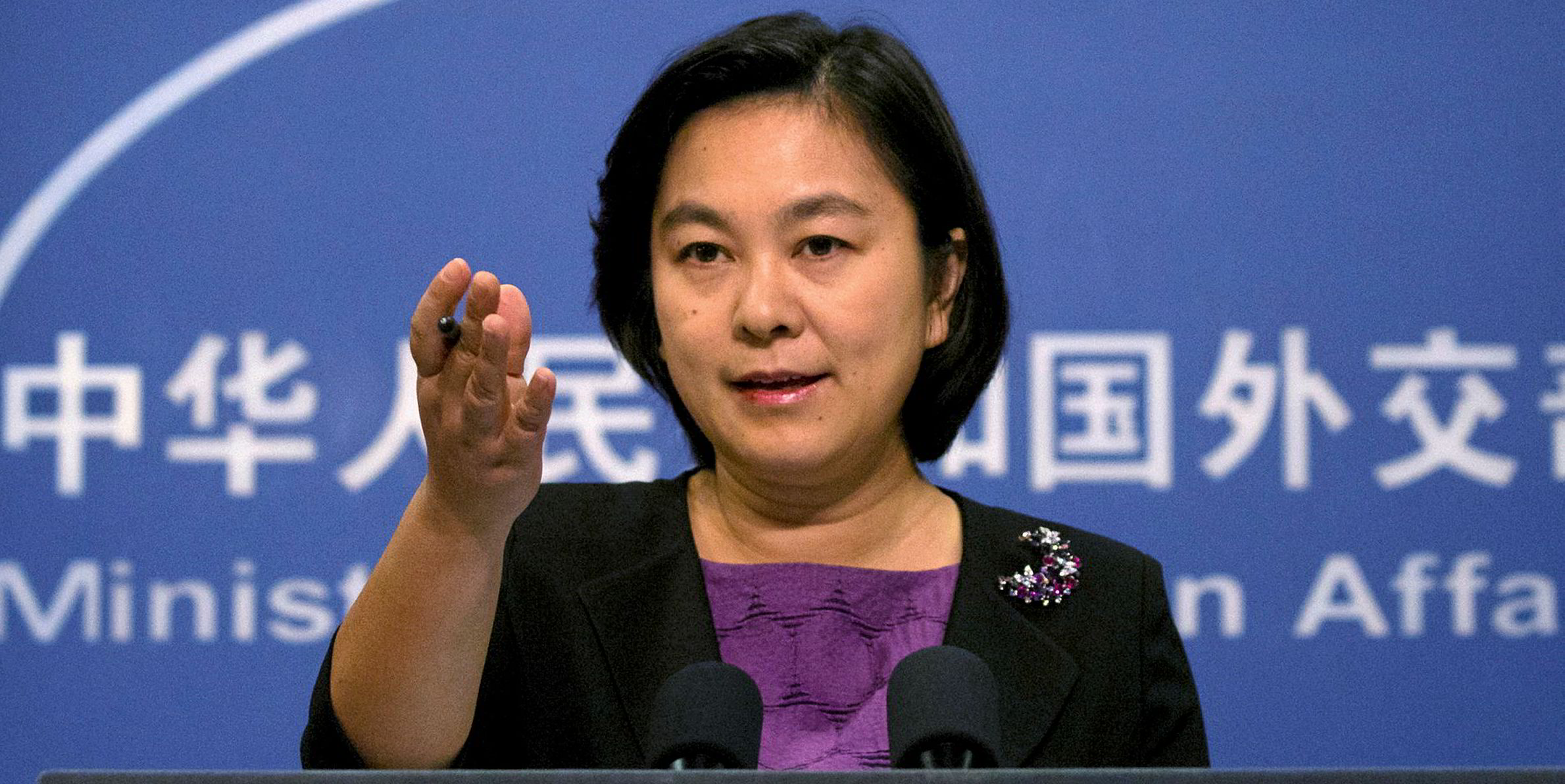Today, a single tweet can have a bigger impact on global economic and market forces than nearly any other event or development. Donald Trump’s impatience and eagerness for lower US interest rates has made central bankers’ lives difficult.
In July, the US Federal Reserve delivered a 25 basis point rate cut as expected. However, because the best way for Trump to guarantee an additional cut is to put the economic growth outlook at risk, he did just this the very next day.
By threatening a fresh 10% tariff on $300bn worth of Chinese goods, Trump managed to reverse any positive momentum generated by the US central bank’s rate cut. Hence more will be needed from the central bank in September.
We estimate that the additional tariffs could shave 0.1% off of US GDP growth and 0.2% from China’s GDP growth in 2019, but the damage can be far greater.
Corporations need a minimum level of confidence about the future in order to invest, hire or increase production and today’s lack of visibility makes it difficult for them to do so.
In Europe, German data appears to have captured this complication. Manufacturing orders in the euro area’s largest economy are declining every month, while corporate sentiment continues to deteriorate.
With already weakened second quarter numbers, the risk is that the weakness spreads to the services sector, which could ultimately be hit very badly by the manufacturing slump.
Should this be the case, the slowing European economy could stall even further. Unfortunately for the continent, a weakening currency is rather unlikely as the European Central Bank is not the only bank embarking on easing monetary policy.
Like corporations, financial markets require a degree of certainty in order to take on risk. Therefore the market reaction we have seen in the wake of Trump’s latest tariff tweets has been rather brutal.
The new 10% tariff will directly hurt those companies that have so far escaped the previous tariffs. These will hit the large tech index heavy weights that tend to have very broad ownership, so the effect will be widespread.
Therefore, a market correction as we have seen is a logical response to these events.
However, we do not expect a market collapse because current high equity valuations are paralleled with high duration in the fixed income space, and central banks have recently been quite reactive to market conditions.
More than ever, confidence is what markets need now. While corporations are behaving rationally given current circumstances, such behaviour could have grave negative economic consequences.
Alexandre Tavazzi is head of the CIO office and global strategist, at Pictet Wealth Management






